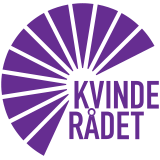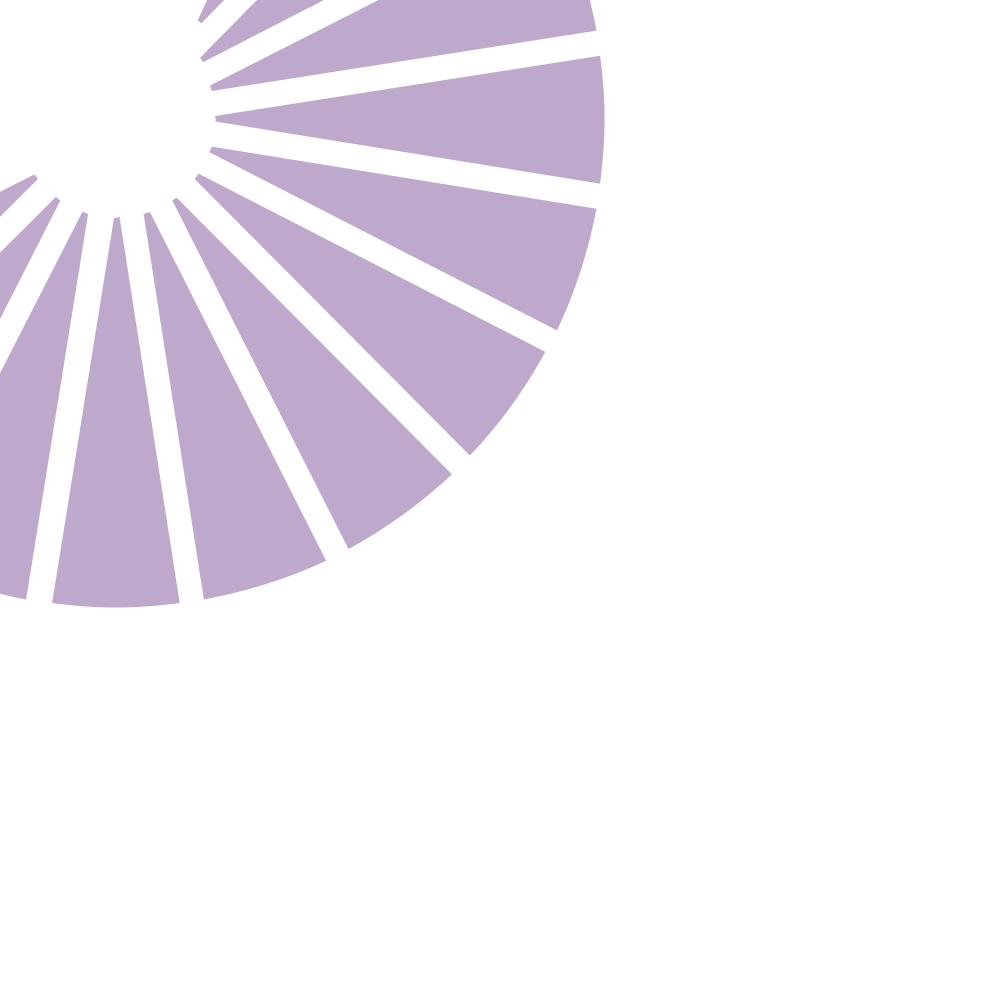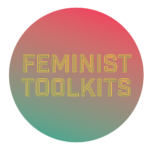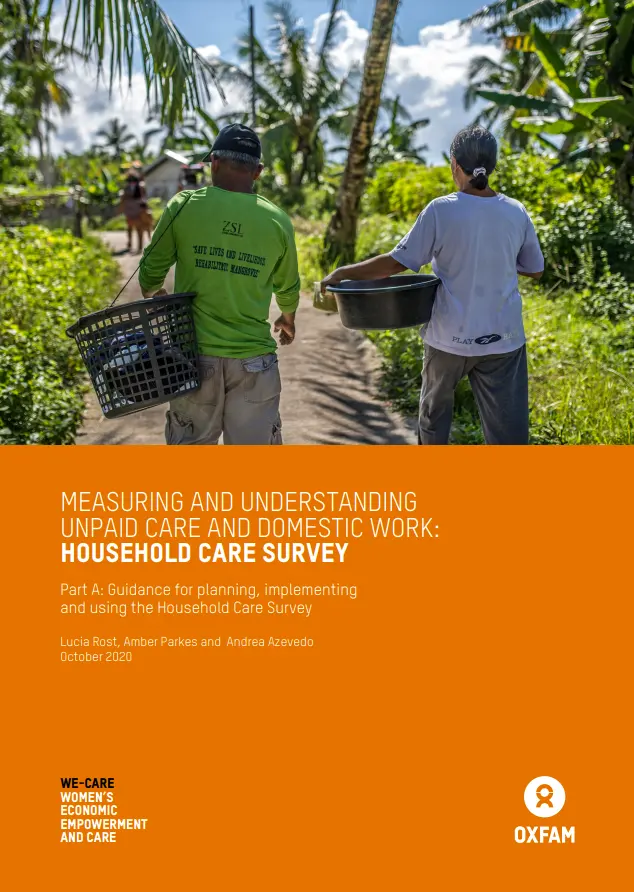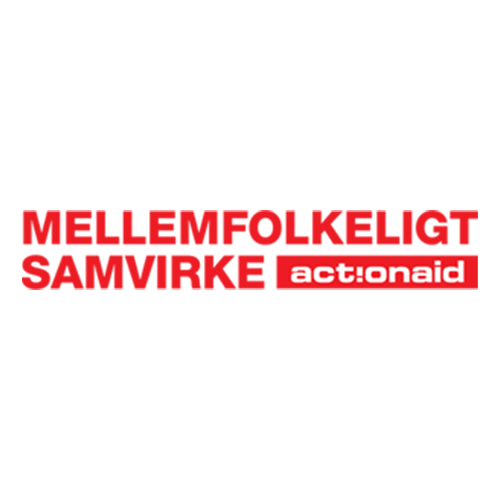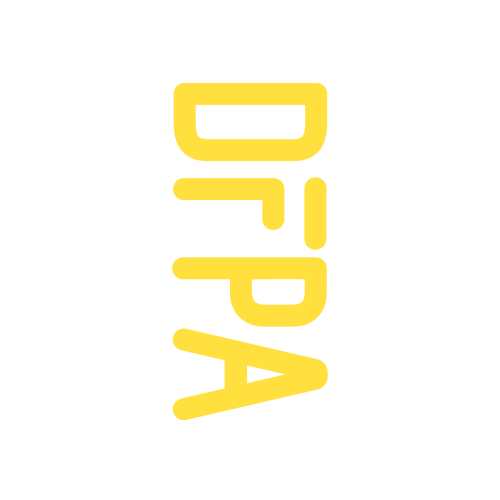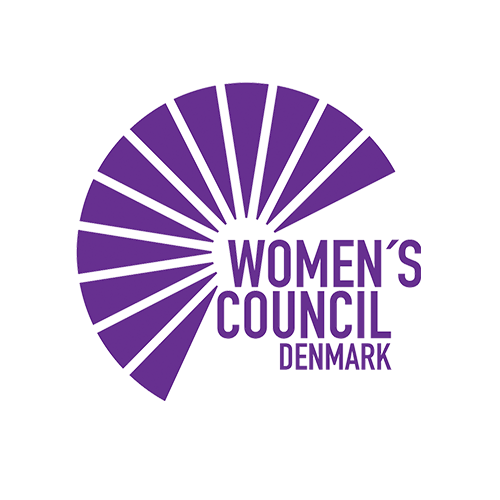Measuring and Understanding Unpaid Care and Domestic Work: Household Care Survey Toolkit
The Household Care Survey is a quantitative survey tool that aims to generate evidence on how women, men and children spend their time, how care is provided, by whom, and which are the main factors that affect people’s responsibilities for unpaid care and domestic work (UCDW).
The Toolkit includes
Introduction to the Household Care Survey and concepts in care.
Step to plan for a Household Care Survey
A guide to run a Household Care Survey
Guidance on analyzing Household Care Survey data
Ways on reporting and using on the Household Care Survey data
Target group: Development practitioners, policy makers, employers, academics and researchers
Language: English
Website: The future is equal | Oxfam International
Credit: Authors: Lucia Rost, Amber Parkes and Andrea Azevedo. Oxfam, October 2020
Not yet requested: “If you would like to reprint in full any Oxfam publications, or include whole items in compilations or digital databases, for commercial purposes, you need to secure permission. Please use the permission form.”
Copyright & Permissions – Oxfam Policy & Practice
Measuring and Understanding Unpaid Care and Domestic Work: Household Care Survey Toolkit
The Household Care Survey is a quantitative survey tool that aims to generate evidence on how women, men and children spend their time, how care is provided, by whom, and which are the main factors that affect people’s responsibilities for unpaid care and domestic work (UCDW).
The guide includes
-
Introduction to the Household Care Survey and concepts in care.
-
Step to plan for a Household Care Survey
-
A guide to run a Household Care Survey
-
Guidance on analyzing Household Care Survey data
-
Ways on reporting and using on the Household Care Survey data
Target group: Development practitioners, policy makers, employers, academics and researchers
Language: English
Website: The future is equal | Oxfam International
Credit: Authors: Lucia Rost, Amber Parkes and Andrea Azevedo. Oxfam, October 2020
Not yet requested: “If you would like to reprint in full any Oxfam publications, or include whole items in compilations or digital databases, for commercial purposes, you need to secure permission. Please use the permission form.”
Copyright & Permissions – Oxfam Policy & Practice
Support / Credit
This collection of tools and resources is based on numerous activists’, movement’s and organization’s work and time.
We recommend that you support and credit the work behind the resources you download, by donating, or in other ways supporting groups and organizations behind the tools you use.
Bearing in mind that women’s- feminist- and LGBTIQ+ organizations are acutely underfunded globally, despite the important work they carry out.
Background / Who we are
This site was developed by a Feminist Network in Denmark, consisting of 4 civil society organizations, LGBT+ Denmark, Action Aid Denmark, The Danish Family Planning Association, and the Women’s Council Denmark.
The Feminist Network was formed to guide our own working methods in a more feminist direction. And to inspire and be inspired by the vast amount of knowledge, experience, and practice within the many feminist traditions and movements globally.
The site is an effort to share this with others. And to give visibility and credit to the producers of the many valuable resource and toolkits that are accessible online.
Contact info: kvr@kvinderaad.dk
Support / Credit
This collection of tools and resources is based on numerous activists’, movement’s and organization’s work and time.
We recommend that you support and credit the work behind the resources you download, by donating, or in other ways supporting groups and organizations behind the tools you use.
Bearing in mind that women’s- feminist- and LGBTIQ+ organizations are acutely underfunded globally, despite the important work they carry out.
Background / Who we are
This site was developed by a Feminist Network in Denmark, consisting of 4 civil society organizations, LGBT+ Denmark, Action Aid Denmark, The Danish Family Planning Association and the Women’s Council Denmark.
The Feminist Network was formed to guide our own working methods in a more feminist direction. And to inspire and be inspired by the vast amount of knowledge, experience, and practice within the many feminist traditions and movements globally.
The site is an effort to share this with others. And to give visibility and credit to the producers of the many valuable resource and toolkits that are accessible online.
Contact info: kvr@kvinderaad.dk
